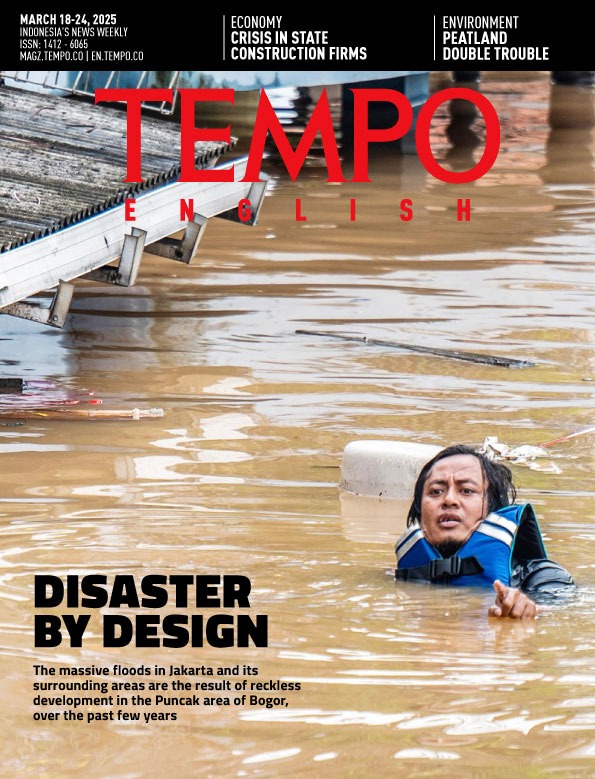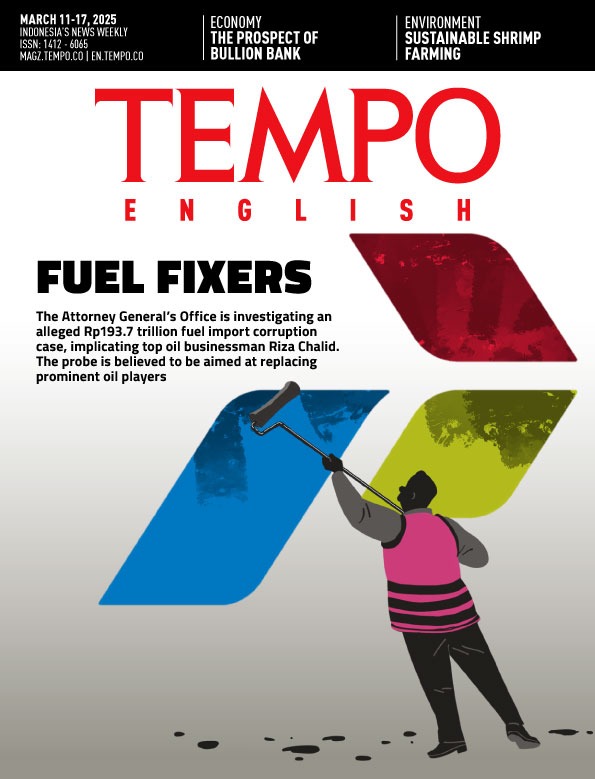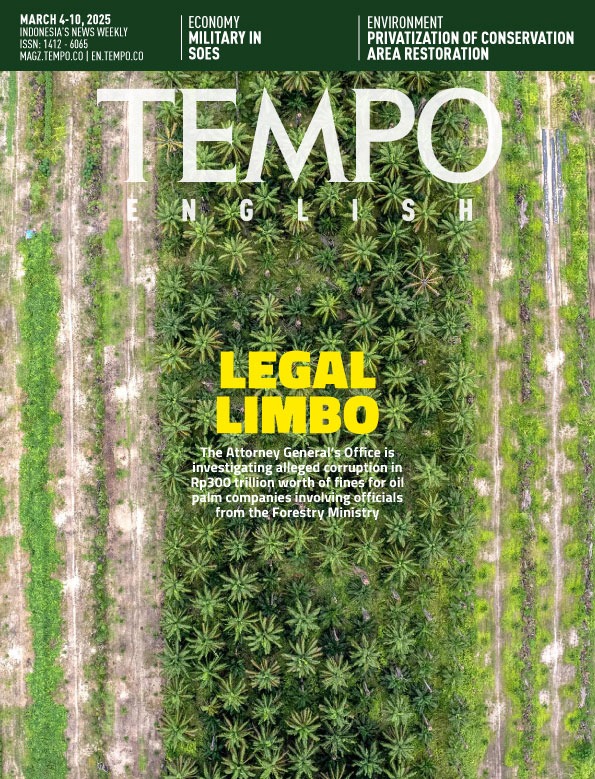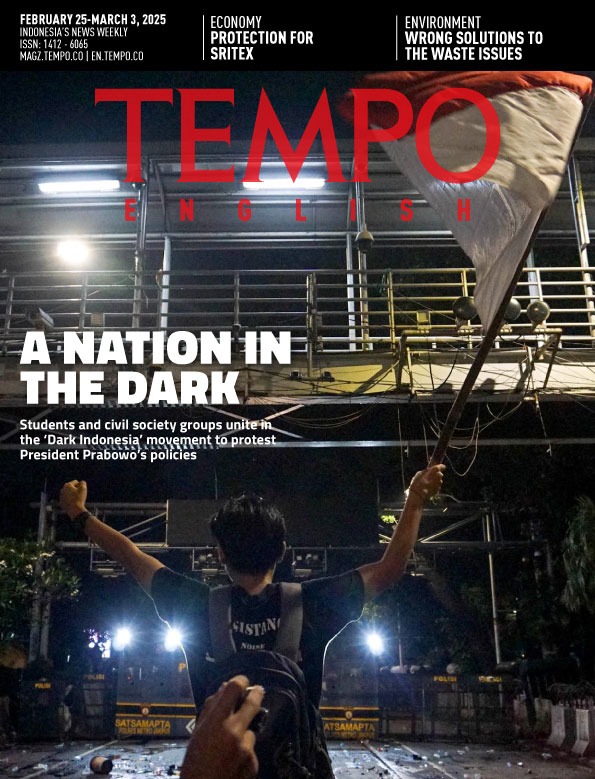Muhammad Syarifuddin, Chief Justice, Supreme Court: Judges Face Temptations Everyday
Tuesday, June 9, 2020
arsip tempo : 174263280235.
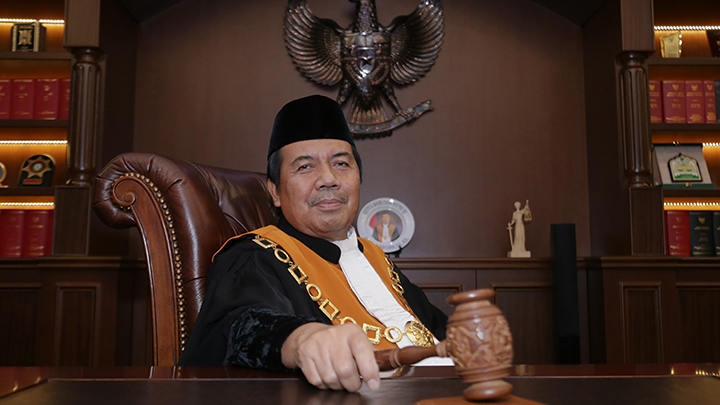
TROUGH the monitor, he discusses with fellow justices as well as all the first-level and court of appeals judges around the country. “I didn’t even glance at video conferencing before but now I’m doing it almost every day,” Syarifuddin, 65, said during the special interview with Tempo on May 15.
In his first speech to the judges and the public broadcast via Supreme Court’s YouTube channel two days ago, Syarifuddin
...
Subscribe to continue reading.
We craft news with stories.
 For the benefits of subscribing to Digital Tempo, See More
For the benefits of subscribing to Digital Tempo, See More





